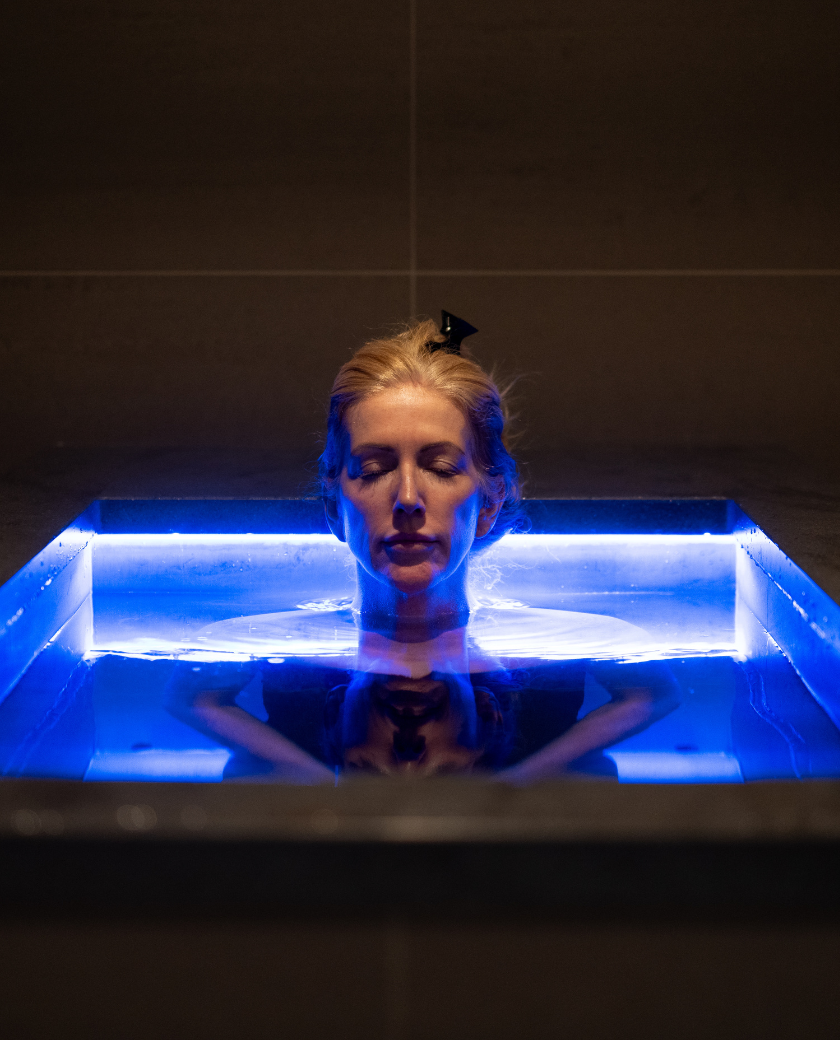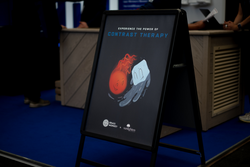Cold Water Therapy and its Impact on Mental Health

Cold water therapy, encompassing practices like cold showers, ice baths, and open-water swimming, has garnered attention for its potential benefits on mental and emotional well-being. This article explores how cold water immersion (CWI) influences mental health, examines its application in treating specific conditions such as anxiety, depression, bipolar disorder, and ADHD, and delves into the scientific mechanisms underlying these effects.
Understanding Cold Water Therapy
Cold water therapy involves exposing the body to cold temperatures through various methods, including cold showers, ice baths, and swimming in cold natural bodies of water.
Physiological and Neurological Responses to Cold Water Immersion
When the body is exposed to cold water, it undergoes several immediate physiological and neurological responses:
- Sympathetic Nervous System Activation: The sudden drop in temperature activates the body's "fight or flight" response, leading to increased heart rate, blood pressure, and the release of stress hormones like adrenaline and noradrenaline.
- Endorphin Release: Cold exposure stimulates the release of endorphins, the body’s natural painkillers that can induce feelings of euphoria and well-being.
- Norepinephrine Increase: As part of the sympathetic nervous system activation, there is up to a 530% surge in levels of norepinephrine, a neurotransmitter associated with mood regulation, attention, and stress response. Elevated norepinephrine levels can contribute to improved mood, focus and reduced anxiety.
- Parasympathetic Nervous System Activation: In a environment of controlled safe stress like cold water therapy, controlling your breath helps your body top understand it is safe and that the sympathetic nervous system can stand down. The parasympathetic nervous system then takes over to slow the heart rate, steady the breath and allow you to relax. It’s still uncomfortable, but you can let go, knowing you are safe to focus on breathing through that discomfort.
- Vagus Nerve Stimulation: When immersed up to the neck, cold water therapy stimulates the vagus nerve, which plays a crucial role in activating the parasympathetic nervous system, helping to regulate mood and promoting emotional resilience.
- Dopamine increase: There is up to a 250% increase in dopamine (our reward hormone) after cold water therapy which contributes to the feelings of elation and feel good that lasts for hours after your cold exposure.
Cold Water Therapy and Specific Mental Health Conditions
- Depression:
Depression is characterised by persistent feelings of sadness and loss of interest. Emerging evidence suggests that CWI may have antidepressant effects. A case study documented a 24-year-old woman with treatment-resistant depression who experienced significant improvement after regular cold water swimming sessions, eventually ending their medication. The proposed mechanism involves the cold-induced "shock response," which may act as a physiological reset for neurotransmitter systems.
- Anxiety:
Anxiety disorders involve excessive worry and heightened arousal. The intense physical sensation of cold water immersion can serve as a powerful distraction from anxious thoughts, helping to break the cycle of rumination. Additionally, the activation of the sympathetic nervous system followed by parasympathetic rebound may promote relaxation and reduce anxiety levels.
- Bipolar Disorder:
Bipolar disorder is marked by alternating periods of depression and mania. While direct research on CWI's effects on bipolar disorder is limited, the mood-stabilising properties associated with cold exposure, such as the regulation of neurotransmitters like norepinephrine and serotonin, suggest potential benefits. However, individuals with bipolar disorder should consult healthcare professionals before initiating CWI, as the physiological stress induced by cold exposure could potentially trigger mood episodes.
- Attention-Deficit/Hyperactivity Disorder (ADHD):
ADHD is characterised by inattention, hyperactivity, and impulsivity. Cold water immersion may enhance focus and attention by increasing norepinephrine levels, which play a role in attention and cognitive function. While anecdotal reports from many of our clients suggest improvements in concentration following CWI, medical research specifically examining its effects on ADHD is currently lacking.
Scientific Explanations and Mechanisms
- Thermogenic Response and Brown Adipose Tissue Activation:
Exposure to cold stimulates thermogenesis, the process of heat production in organisms. This involves the activation of brown adipose tissue (BAT), which burns calories to generate heat. The activation of BAT and the associated metabolic processes contribute to improved mood and energy levels.
- Anti-Inflammatory Effects:
Chronic inflammation has been linked to various mental health disorders, including depression. Cold water immersion provides anti-inflammatory effects by reducing pro-inflammatory cytokines, thereby potentially alleviating depressive symptoms.
- Hormetic Stress Response:
Cold water therapy induces hormesis, the process of getting stronger through exposure to small, healthy amount of stress. When we introduce a controlled stressor to the body like cold water, it leads to adaptive responses, such as the interplay between the two branches of the nervous system as we’ve already discussed, that enhance resilience. This ancient human mechanism suggests that exposure to mild stressors can strengthen the body's ability to cope with larger stresses, and improve mental health outcomes.
Case Studies and Research Findings
- A study involving undergraduate students who participated in 20-minute cold water immersions reported significant decreases in negative emotions such as tension, anger, and depression, along with increases in positive emotions like vigour and self-esteem.
- Another case study highlighted a 24-year-old woman with depression and anxiety who engaged in regular cold water swimming. After four months, she experienced significant mood improvements and no longer required medication.
Practical Considerations and Safety
While the benefits of cold water therapy are promising, it is essential to approach it sensibly and always pay attention to how your body is feeling. Additional stress (even in a safe controlled environment), can sometimes be detrimental if you are already experiencing a high amount of stress.
- Gradual Acclimatisation: Begin with brief exposures to moderately cold water and gradually increase duration and intensity to allow the body to adapt safely.
- Medical Consultation: Individuals with cardiovascular conditions, respiratory issues, or other health concerns should consult a healthcare provider before initiating cold water therapy.
- Supervised Sessions: Engage in cold water exposure under supervision or with a friend or group, especially during initial sessions, to ensure safety and immediate assistance if needed.
- Awareness of Risks: Be mindful of the risks associated with hypothermia and cold shock response. Ensure that water temperatures and immersion durations are within your personal safe limits.
Learn more about cold water therapy, ice baths and mental health.
References:
6 Surprising Benefits of Cold Exposure for Mental Health
https://www.breatheology.com/the-brain-benefits-of-cold-water-therapy/












